Holding Court: Can Aliens Vote?
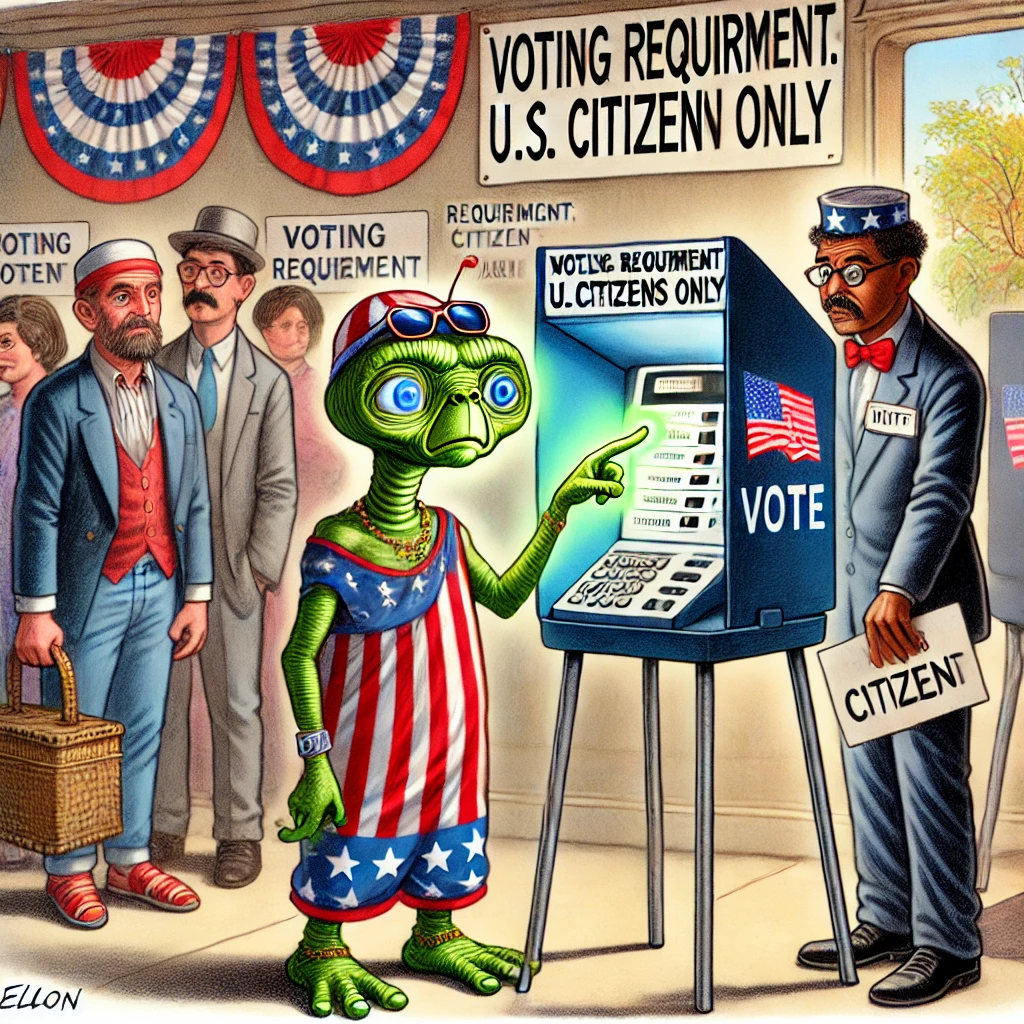
Holding Court is a series by retired Rye City Court Judge Joe Latwin. Latwin retired from the court in December 2022 after thirteen years of service to the City.
What topics do you want addressed by Judge Latwin? Tell us.
By Joe Latwin
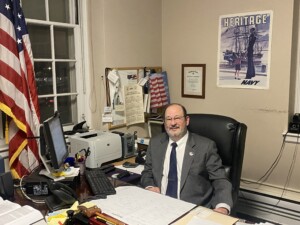
If ET showed up at City Hall on election day, could he vote? Would his glowing fingertip foul up the voting machine? How about an alien from another country? Neither are citizens of the U.S. therefore, New York’s highest Court said they could not vote.
Americans have fought over the meaning of citizenship and the right to vote since the earliest days of our Republic. As de Tocqueville predicted, history has moved toward expansion of both, sometimes in broad leaps, as in the Reconstruction and Nineteenth Amendments, and sometimes incrementally.
The requirement that a voter be a “citizen” has existed since 1821, when the State adopted its Second Constitution. Restrictions on suffrage, including the citizenship requirement, were heavily debated during the Constitutional Convention of 1867. Horace Greeley, “chairman of the ‘committee on the right of suffrage and the qualifications to hold office’ proposed an “article on suffrage.” The Convention rejected that amendment
In the 1894 Constitutional Convention, the delegates debated (and rejected) resolutions identifying 16 other states that allowed voting by certain non-U.S. citizens. The Constitution was amended several times since 1894, but the citizenship requirement has persisted. There is no evidence that any of the amendments changed the understanding that a voter must be a citizen to vote in New York.
In 2021, New York City amended its charter to allow lawful permanent residents to vote in certain municipal elections. (ET was not a lawful permanent resident since not only did he want to phone home, but he was living in a closet among stuffed animals.) Neither Mayor de Blasio nor Mayor Eric Adams signed nor vetoed the charter change so it became effective in 2022.
The law defined a municipal voter as “a person who is not a United States citizen on the date of the election on which he or she is voting,” and who: (1) “is either a lawful permanent resident or authorized to work in the United States”; (2) “is a resident of New York city and will have been such a resident for 30 consecutive days or longer by the date of such election”; and (3) “meets all qualifications for registering or preregistering to vote under the election law, except for possessing United States citizenship, and who has registered or preregistered to vote with the board of elections.
A group challenged the law since: Article II, section 1 of New York’s Constitution limits voting to citizens; Election Law § 5-102 (1) says that “[n]o person shall be qualified to register for and vote at any election unless he is a citizen of the United States,”; and the NYC Law violates Municipal Home Rule Law because it constitutes a change to the “method” of voting, which requires a public referendum that was not conducted.
The Court of Appeals said the text of the State Constitution makes clear that voting is restricted to citizens.
It is facially clear that only citizens may vote in elections within the State of New York. It states “Every citizen shall be entitled to vote at every election for all officers elected by the people and upon all questions submitted to the vote of the people provided that such citizen is eighteen years of age or over and shall have been a resident of this state, and of the county, city, or village for thirty days next preceding an election”,
The City argued that the Constitution merely provides a floor, guaranteeing that citizens may vote in all elections but not did not prohibit voting by others and NYC was free to enact legislation that would enable anyone to vote. Unfortunately for the City, that reading is incompatible with other provisions requiring laws on who shall be entitled to the right of suffrage hereby established and provides that “all elections by the citizens . . . shall be by ballot.” It would be unusual, to say the least, to set forth requirements to ascertain proper proofs and to vote by ballot that apply to only citizens and not noncitizens.
Appellants’ additional arguments in support of the proposition that Article II is a floor, not a ceiling, are unavailing. First, appellants point to several statutes, enacted before the Civil War, that use the word “inhabitants” rather than “citizens,” and suggest those statutes evince a legislative understanding that the Constitution’s use of “citizen” was merely a floor. There are several problems with that argument.
The City also argued that the Constitution also grants local governments expansive home rule powers to manage their own affairs, which created an exception to restriction on voting. Home Rule requires that “[a]ll officers of every local government whose election or appointment is not provided for by this constitution shall be elected by the people of the local government… The difficulty with this argument is it imposes a geographic restriction so that voters cannot vote for a local official if they do not reside within the locality. The use of the word “people” instead of “citizen” does not represent the rejection of citizenship as a necessary condition of voting. Because no one is a citizen of Westchester County, Rochester or any other locality, it would not have made sense for Article IX to say, “elected by the citizens thereof” or “elected by the citizens of the local government.”


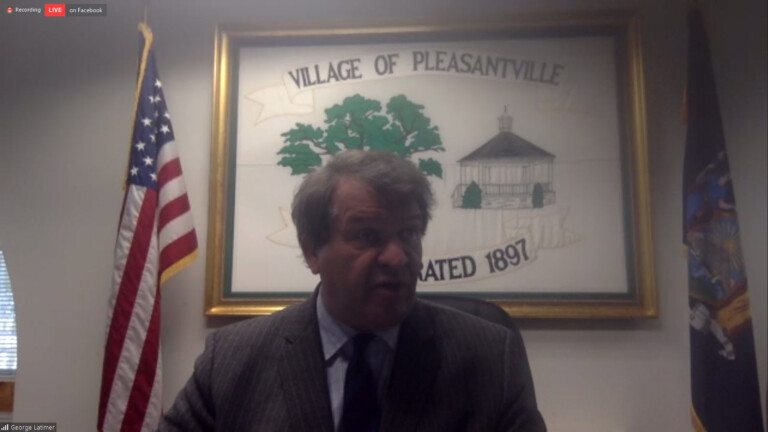
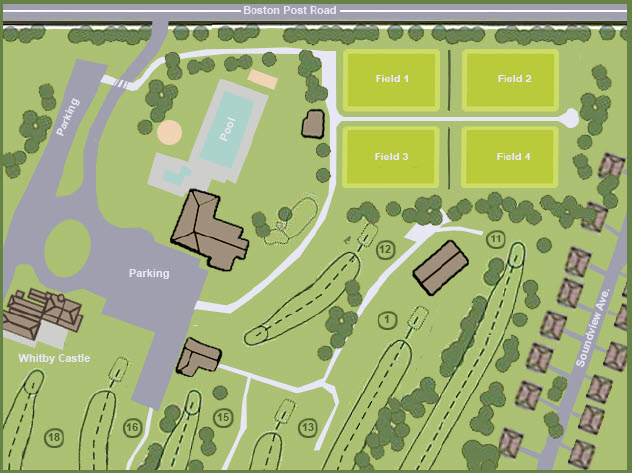

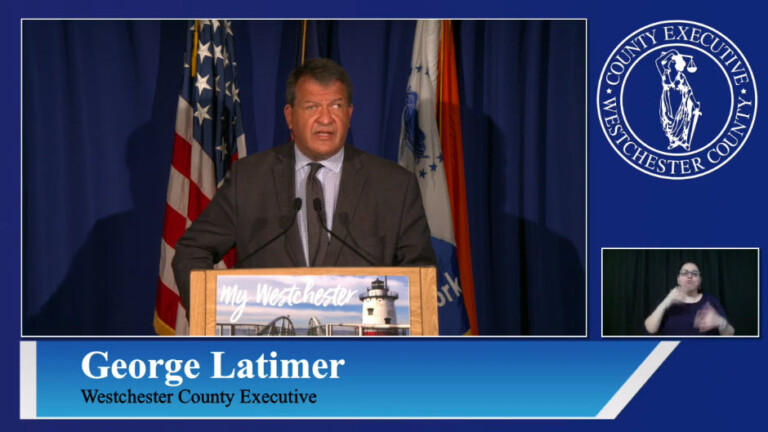
Hi Joe,
Another informative explanation of a complexity in our legal system.
Hi James,
Thank you for the comment. It’s easy to opine on the law, especially when it is complex and often counter-intuitive. That’s why I tried to explain some of these current or topical issues each week. If it was all so plain and simple we wouldn’t need courts or judges and everyone would settle every case.